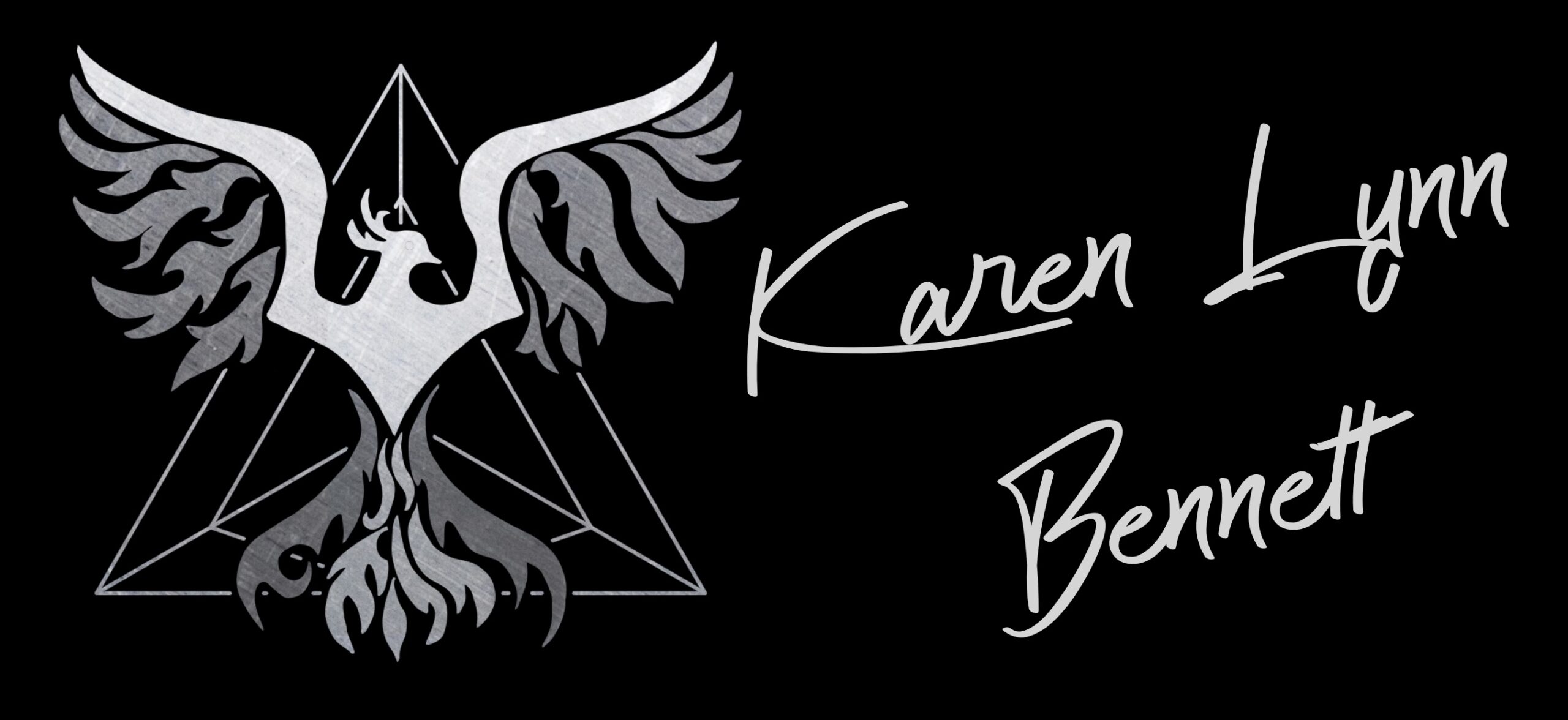MARCH 2021
TIME TO SPILL THE BEANS
Greek culture, mythology, and philosophy have influenced the world for thousands of years, and in ways you may not know. I’m particularly fascinated with the symbolic language that has passed down over the years and with how embedded it is in our English language. Secrets of the Prophecy discusses the origin of Pandora’s Box. Did you know it was originally called Pandora’s Jar?

Here are some commonly used Greek phrases. How often do you use them? And do you know where they come from? You might be very surprised to learn their histories! I’ve added some here. Check out the links after them to look up more. Enjoy!

Picture courtesy of www.stonesoferasmus.com
Greek Name
Mentor
“Mentor is the form the ancient Greek goddess Athena takes to counsel the young Telemachus, son of Odysseus. Athena becomes a friendly, man who encourages Telemachus to go find news of his missing father who has been lost at sea after the sack of Troy. The word mentor has come to mean a professional relationship where a more experienced person gives the necessary skills to a novice. Or it can mean simply an older person who guides a younger one.” (www.stonesoferasmus.com)

Greek Tradition
Spill the beans
“To spill the beans, means to divulge a secret, either maliciously, or by accident. In ancient Greece, the voting system was for people to cast secret votes by putting either a white bean (positive vote), or a black bean (negative vote), into a jar. If the jar was knocked over, by accident, or other deceitful means, the secret was revealed, the beans were spilled.” (greekerthangreeks.com)

Photo from history.com
Greek Myth
Knock on wood
“The habit of knocking on, or touching wood, to avoid tempting fate, or to bring good luck, goes way back, thousands of years, to ancient Greece, where it was believed dryads, wood nymphs, lived inside trees. The ancient Greeks would touch a tree, hoping to invoke good luck or protection from the wood nymphs dwelling within.” (greekerthangreeks.com)

Francis Barlow’s illustration of the fable, 1687
Greek Literature: Aesop’s Fables
“The Boy Who Cried Wolf”
Someone who cries wolf is a habitual liar; To cry wolf means to raise false alarm. (greekerthangreeks.com)

Greek Legend
Gordian Knot
“The Gordian Knot; an extremely difficult, complicated, intricate problem, solved in a creative manner. In 333 BC, Alexander the Great, while marching through Anatolia, modern-day Turkey, arrived in the city of Gordium, where the founder, Gordius, a peasant farmer, who, years ago, had been declared king, when the oracle at Telmissus (the ancient capital of Lycia-Anatolia), had declared that the next man to enter the city on an ox cart, would be king. In appreciation for this honour bequeathed to Gordius, his son, Midas, tied the cart to a pole, using an intricate knot, whoever, announced a local oracle, could unravel this complicated knot, would become ruler of all Asia. Many were the men who battled with this elaborate knot, but to no avail, until that is, Alexander the Great, after struggling with the dratted knot, lost patience, thought outside the box, decided it did not matter how the knot was untied, and with one stroke of his sword, sliced through the knot, and, after conquering Asia, became ruler, fulfilling the prophecy.” (greekerthangreeks.com)
Do you know the story behind these phrases?
Achilles’s heel
To be a Cassandra
Caught between a rock and a hard place
Beware of Greeks bearing gifts/Trojan horse
Herculean strength
Midas touch
To open Pandora’s box
To rise from the ashes
Sour grapes
Leave no stone unturned
Call a spade a spade
Resting on his laurels
Adonis
To blow hot and cold
Wrong end of the stick
Ew, this one is pretty gross. It has to do with toilet paper…
(greekerthangreeks.com)
Want to know more about these phrases? There are many online resources and interpretations of them, as well as others. I recommend looking them up for fun. If you are really into it, I suggest that you read more than one resource because they tend to be filled with a lot of opinion.
Many cultures from all over the world have influenced us and our language. Like most people, I use words and phrases because others around me are using them. And, like many, once I discover the history behind them, I sometimes change how I use them in my speech and in my writing.
It’s all part of mastering our language and it’s a life-long quest.

To get the latest True Nature Series news and fun facts, sign up for my newsletter. It’s easy and you won’t be constantly spammed, because, seriously, who has time to do that?!
To sign up, just enter your email address here:

